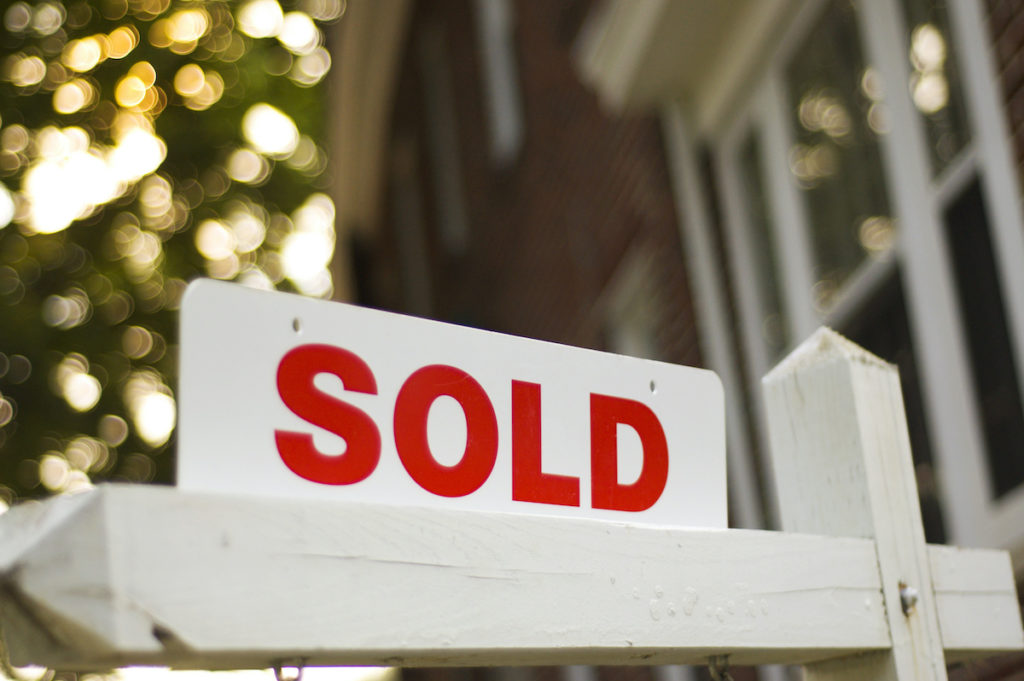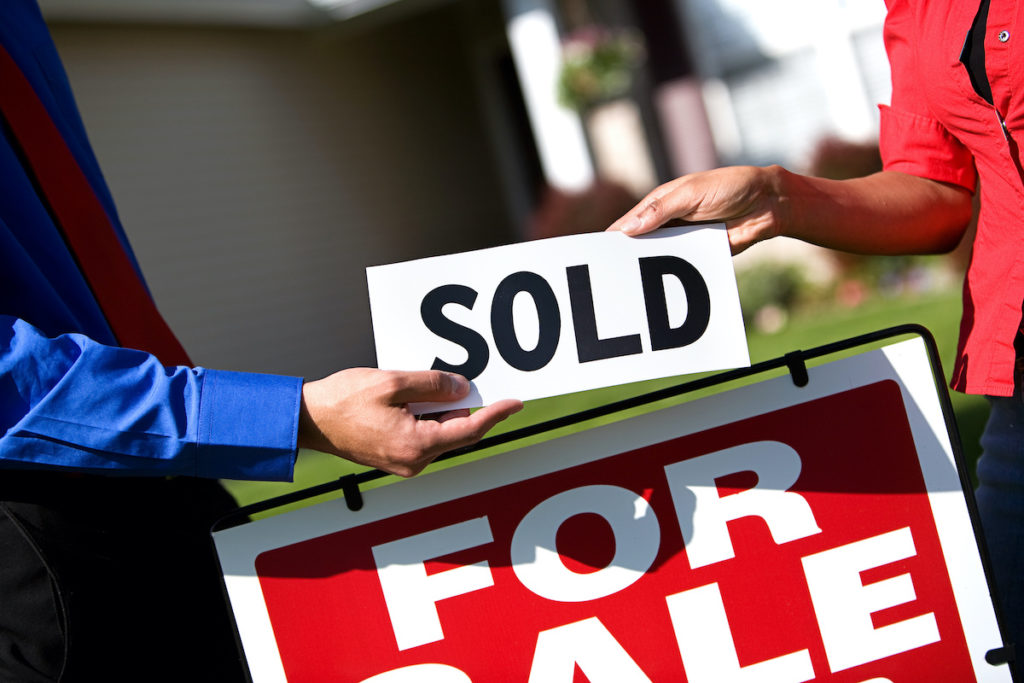Key Takeaways:
- If you’re thinking about buying a home, it’s important to choose the right neighborhood, especially if you care about resale value.
- Certain neighborhood features can increase your home value—and make you feel right at home in your new community.
- When it comes to your home search, we have some features to keep in the forefront of your mind to make sure you pick the perfect (and most profitable) community!
Here’s What Affects Your Home Value Every Time
When it comes to your home search, finding a house in the ideal neighborhood is half the battle. Your future community is going to decide how close you are to nearby conveniences, what qualities your home possesses, and the people who are going to be your neighbors.
A home’s value is determined by how much prospective buyers in the market are willing to pay for your property, but we understand that each buyer is unique. While one buyer may prioritize nearby employment opportunities, another might place more weight on local entertainment or neighborhood amenities. However, property values are always impacted by one component—where they’re located.
If you’re on the hunt for your next neighborhood, consider this your step-by-step guide on how to pick the perfect community!
Location, location, location
You’ve probably heard this before, but it’s so important that we have to repeat it—location is everything when it comes to making a good investment in your next home. Think about it: typically, all the homes in a neighborhood, regardless of size or condition, fall within the same price range. Therefore, when it comes to valuing a property, location matters more than even the home’s characteristics.
When an appraiser is assigning a value to a property based on its location, they look at three primary factors—the reputation of local schools, employment opportunities, and proximity to entertainment. In addition to these factors, a home’s distance to everyday necessities, such as highways and public transit systems, play a crucial role in increasing its value.
Neighborhood amenities are must-haves for more value
What could be better than having a host of amenities available right outside your front door? Neighborhood niceties such as community clubhouses, golf courses, and pools are often at the top of buyers’ wishlists when searching for a new home. All these features and more foster a fun, inclusive environment of community involvement. Plus, a spacious clubhouse serves as the prime venue to host events that are sure to bring the neighborhood together!
In addition to a neighborhood’s current conveniences, you can research any future upgrades your community has coming through its digital planning documents. These documents should outline what improvements are planned for your neighborhood—like nearby shopping centers, schools, or parks—and when they’re going to be completed. Plus, it’s always a good idea to check and see if a neighborhood has a homeowners association. Your HOA will have a hand in maintaining and enhancing the community’s value over time.
Other conveniences you should consider…
At this point, you’ve probably considered some basic factors like nearby attractions, commute times, and all the amenities a neighborhood has to offer—but what about the everyday conveniences? To take your home search to the next level, you have to think about the seemingly small details. When evaluating your neighborhood’s location, cover your bases by mapping out the distances to the nearest medical centers, airports, and grocery stores—believe us, you’ll be thankful for this when you forget to buy eggs.
In terms of expenses, everyone has to pay utility bills, so you can save money by looking at who your local providers will be ahead of time. And speaking of planning, we recommend working with your agent to determine how your area’s property taxes will fit into your home-buying budget.
Ready to Find Your Perfect Fit?
All these features are things you should be on the lookout for during your home search—and remember, the surrounding community is equally as important as the individual home when it comes to finding your perfect fit. As your local real estate agents, we’d be happy to help you find your dream home in just the right neighborhood—all you have to do is give us a call!



















